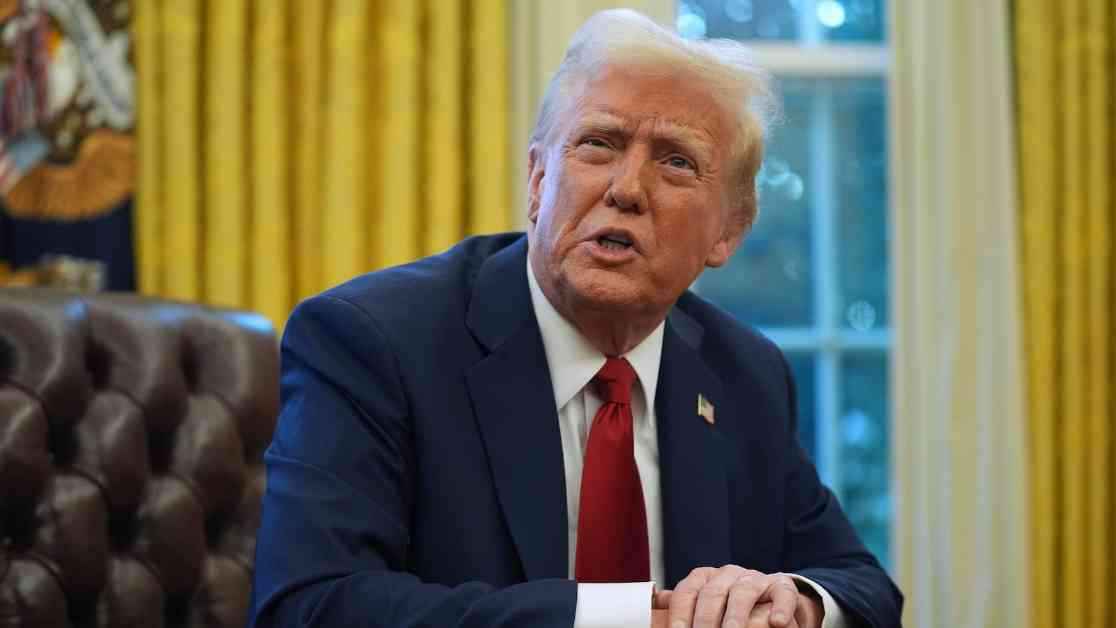President Trump has caused quite a stir by announcing steep tariffs on Mexico, Canada, and China. The tariffs, set to take effect on February 4th, will see a 25% tariff on all Mexican exports to the U.S. and all exports from Canada, with the exception of Canadian energy products which will face a lower 10% tariff. Additionally, a 10% tariff will be imposed on all goods from China.
The decision to impose these tariffs has sparked concerns of potential retaliation from Canada and Mexico, potentially leading to a trade war. The White House has indicated that there is a retaliation clause in place, allowing for further action in the event of retaliation from any of the affected countries.
One major concern is the impact these tariffs will have on U.S. consumers. Importers often pass on a portion of the increased cost to consumers, meaning that shoppers may end up paying higher prices for a variety of products, ranging from avocados to auto parts. The extent of the price increase remains uncertain, as businesses within the supply chain may choose to absorb some or all of the additional costs.
Press Secretary Karoline Leavitt stated that the tariffs were specifically targeted at the three countries for their roles in facilitating the manufacture and transport of illicit drugs into the U.S. This sentiment was echoed by President Trump, who had previously mentioned such tariffs in a post on Truth Social shortly after the November election.
Canadian President Justin Trudeau and Mexican President Claudia Sheinbaum have both expressed concern over the tariffs, with Trudeau vowing a “forceful and immediate response” and Sheinbaum expressing doubts about the likelihood of the tariffs being implemented.
The potential impact of these tariffs on the U.S. gasoline supply is another area of concern. Mexico and Canada account for 70% of U.S. crude oil imports, which are crucial for gasoline production. Experts suggest that the tariffs could lead to a significant increase in gasoline prices, potentially by as much as 70 cents per gallon.
While there has been speculation about a possible exemption for oil from the tariffs, no definitive decision has been made. The U.S. Chamber of Commerce has criticized the executive orders, calling them unprecedented and warning that they could lead to higher prices for American families and disrupt the supply chain.
In addition to gasoline prices, the tariffs could also impact the cost of fresh fruits and vegetables, as well as the auto industry. With the auto industry having strong ties to Canada and Mexico, prices for cars and auto parts could also be affected.
Although inflation has slowed from its peak in June 2022, recent price increases have kept it nearly a percentage point higher than the Fed’s target rate of 2%. Despite concerns about rising prices, Press Secretary Leavitt pointed to President Trump’s track record in controlling inflation during his first term.
As the deadline for the tariffs approaches, the uncertainty surrounding their impact continues to loom large. The potential ripple effects of these decisions could have far-reaching consequences for consumers, businesses, and international relations. Only time will tell how this situation will unfold and what the ultimate outcome will be.


